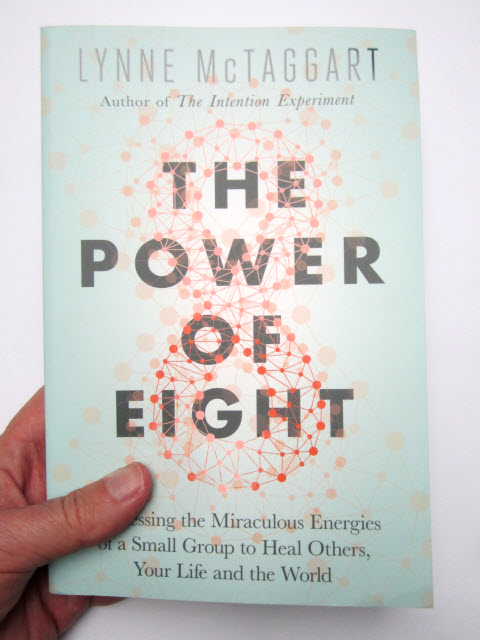This is a post in my series on organizing ”between and beyond.” Other posts are here. This is a retrospective of what has happened during the week. The purpose is to reflect on the work itself. Here is my previous retrospective. Here is my next retrospective.
What has happened? What needs to be done?
I’ve read The Power of Eight by Lynne McTaggart this week. It’s a fascinating book which gives glimpses into what’s possible when we connect deeply with each other. Lynne McTaggart uses a special word to describe this type of connection, ‘homothumadon‘. Here is my book review.

I’ve also continued following what’s happening in Catalonia. As mentioned here last week I’m deeply concerned with what will happen next, in Catalonia, Spain and Europe. UN has repeatedly urged Spain to respect democratic and human rights, while EU leaders have been remarkably timid in their comments.
Here is an excellent article about Catalonia and European Democracy by Richard Youngs. Richard Youngs writes that:
- The EU clearly prioritizes the rule of law over participative democracy.
- Rule of law is not simply about obeying rules.
The Spanish government now calls for a strict application of the rule of law when it comes to preventing Catalan independence. Yet in recent years it has itself been criticized for undermining the rule of law through its political control over the judiciary. Madrid has also called for flexibility in EU rules in order to overrun its deficit.
What gives me hope is that there’s close cooperation and experience-sharing between local democracy innovators in both Madrid and Barcelona. This has made Barcelona a vibrant hub of democratic innovation in recent years. I’ll try to get more information on this.
Here is a news report from BBC where Jean-Claude Juncker reportedly says that he “does not back Catalan independence, fearing others may follow the same path.” Jean-Claude Juncker also urges Mariano Rajoy “to bring the situation under control.” I’d like to challenge this by asking:
- What if it’s impossible for Spain to ‘control’ the situation?
- What if the only way to govern Europe actually is to give all regions full autonomy?
Jean-Claude Juncker should instead urge Mariano Rajoy and Carles Puigdemont to collaborate. A most relevant book in this context is Collaborating with the Enemy: How to Work with People You Don’t Agree with or Like or Trust by Adam Kahane. I’m now reading the book and will write a book review next week.

What was good? What can be improved?
The recent events in Catalonia have reminded me that deeper generative orders for organizing are as relevant in politics as in business. There’s an important distinction between being autonomic (obeying self-law), and being allonomic (obeying some other’s law).1 People are autonomic, while rule of law assumes that people are allonomic.
This means that Spain may use force to coerce, but that Catalonia still will have its desire for freedom. The bigger the external force, the greater the resistance. This is also why Mariano Rajoy never will be able to bring the situation under control. Mariano Rajoy and Carles Puigdemont have to collaborate even if they don’t agree, like, or trust each other.
Notes:
1 Norm Hirst, Research findings to date, Autognomics Institute (accessed 15 October 2017).
Related posts:
Organizing in between and beyond posts
Leave a Reply
You must be logged in to post a comment.